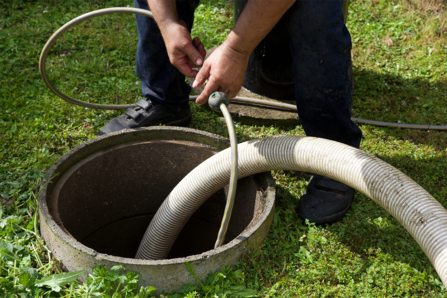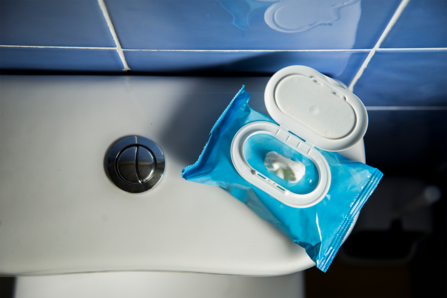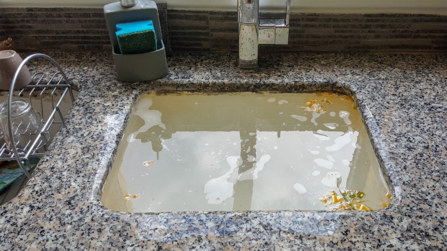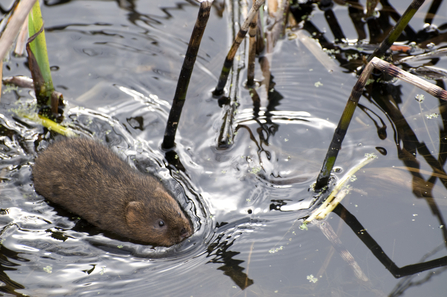If you live in rural Hampshire, you may be more aware of where your waste goes than most people. Instead of being connected to the main sewer network, you may rely on a private 'off-mains' system like a cesspit, septic tank, or sewage treatment plant. But did you know that issues with these systems can damage your home, harm the environment, and even land you in legal trouble?
There are many ways that faults can occur, from tree roots and ground movement to more preventable causes. A 2015 Natural England report found that many septic tanks, for example, are improperly sized, sited, or maintained. In some cases, the phosphorus concentration of nearby streams rose by 700%, with terrible consequences for wildlife.
Luckily, this situation is avoidable with a little care and know-how. If you have an off-mains system, you must follow certain rules by law or risk enforcement action from your Local Authority or the Environment Agency. That aside, good management will improve your system's efficiency and reduce the risk of expensive faults. Let's look at how to keep your system safe, legal, and effective.
➤ Read more: how off-mains sewage systems work
➤ Read more: how off-mains sewage systems impact the environment





